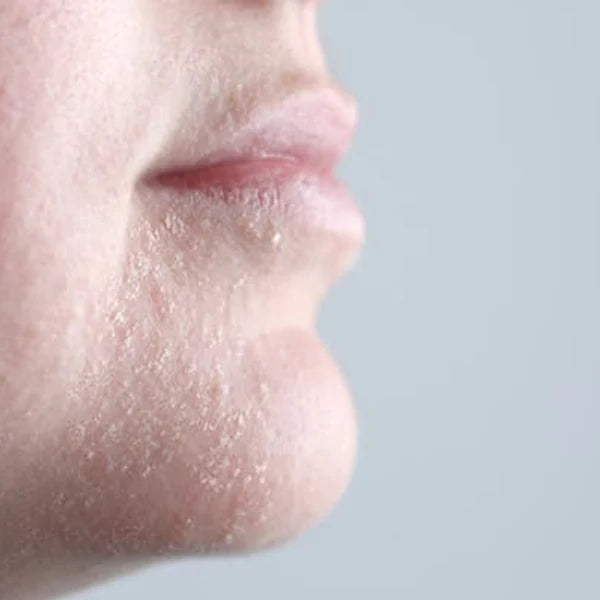Short answer, most likely yes they are. See what they can do to your skin and how your skin can react months after you started using products containing it.
One particular chemical, ACRYLATES, is in almost ALL drugstore, low-cost cleansers and even some midrange lines.
You might or might not develop sensitivity to this chemical but it is worth knowing about it. Not to demonize low priced skincare but there is a reason why some products are cheap.
Acrylates are used in skincare for a few reasons - they provide the feeling of smooth, soft skin (note: I said CREATE the FEELING not actually repair the skin). They are also used in formulas to boost absorbency, and helps bind formulas together.
Imagine you baked a cake and the cake has broken apart. You pile icing on top and smooth over all the cracks and gaps. Did your cake miraculously come back together? No. You’ve covered over it with a thick layer of another product. The same is true with many skincare lines.
They merely layer over your skin with microplastics and silicones to create the feeling of smooth and soft skin but, they in no way repair the skin to actually make it healthy.
Exposure to acrylates can create an allergic reaction on your skin, most often on your hands and your face. Eyes are more susceptible to irritation from this chemical also. Your skin can burn, sting, and develop rashes (dermatitis). You might use the product for months with no issue and then, your skin hits a limit and starts to react.
You won't even think to blame the cleanser you've used for months as being the cause for the rash on your hands and face.
"It couldn't possibly be my cleanser... I've used it for months."
I hear this so often but yes, yes, it can very well be the cleanser you've been using for months.
Many lines have this microplastic in their cleaners and other products including Paula's Choice, BeautyCounter, Vanicream, La Roche Posay, Neutrogena, Cerave, Olay, Dove, Curology, Aveeno.. so many more. This information is accessible online via the Environmental Working Group (ewg.org).
And again, you might never develop a visible reaction to this chemical but, you don't know. Just because you've used something forever doesn't mean it isn't causing an issue today or tomorrow.
